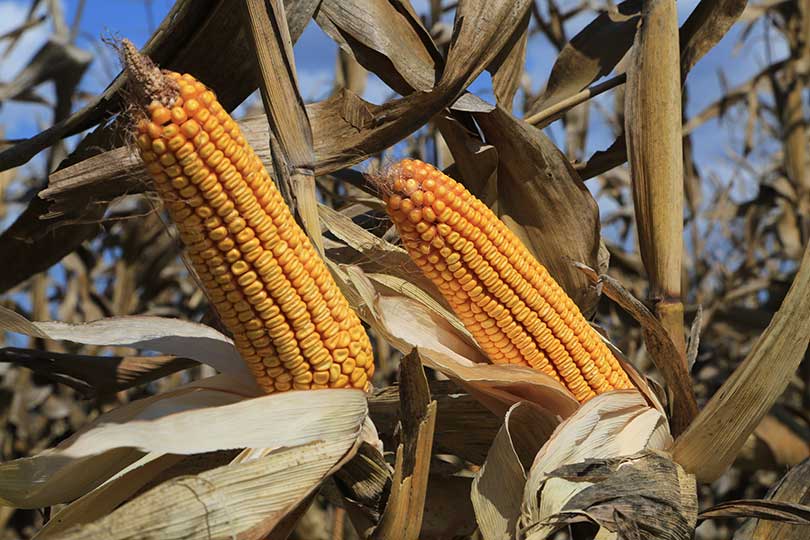Exports of U.S. corn and corn products generated $74.7 billion in annual economic output in 2014, according to a new study conducted by Informa Economics.
The exports increased the U.S. gross domestic product (GDP) by $29.8 billion during 2014 and was linked, directly or indirectly, to 332,787 full-time jobs.
“Corn–whether in the form of feed, ethanol, or meat and dairy–is a major driver of the U.S. farm economy. Exports impact not just farmers and ranchers, but the entire U.S. economy,” said National Corn Growers Association (NCGA) President Chip Bowling. “That’s why it’s so important that farmers and ranchers have access to international markets, and why we need global trade agreements such as the Trans-Pacific Partnership (TPP) that give us a chance to compete.”
The sales of all U.S. feed grain exports–corn, corn products, sorghum and barley–contributed $82 billion to the economy and increased the U.S. GDP by $33 billion over what would have otherwise occurred. That affected 371,536 jobs, according to the National Corn Growers Association.
The study found every $1 in exports of grains and grain products generates an additional $3.23 in business sales across the U.S., providing positive economic effects for agriculture, wholesale trade, real estate, oil and natural gas production and the banking and financial industries.
NCGA also noted the study identified negative consequences to reducing exports of grain products, showing that if these exports were suddenly halted, more than 47,000 jobs and $2.8 billion in GDP would be lost in the farming, ethanol production and meat production industries alone.
“America’s farmers and ranchers have a lot to gain from new trade agreements such as TPP, but there is also a consequence for not moving forward,” Bowling said. “Every day we delay TPP means lost markets, which this study demonstrates has a ripple effect throughout the farm economy. That’s why Congress needs to act. The sooner TPP is passed, the better for America’s farmers and ranchers.”
The study was commissioned by NCGA and the U.S. Grains Council.

